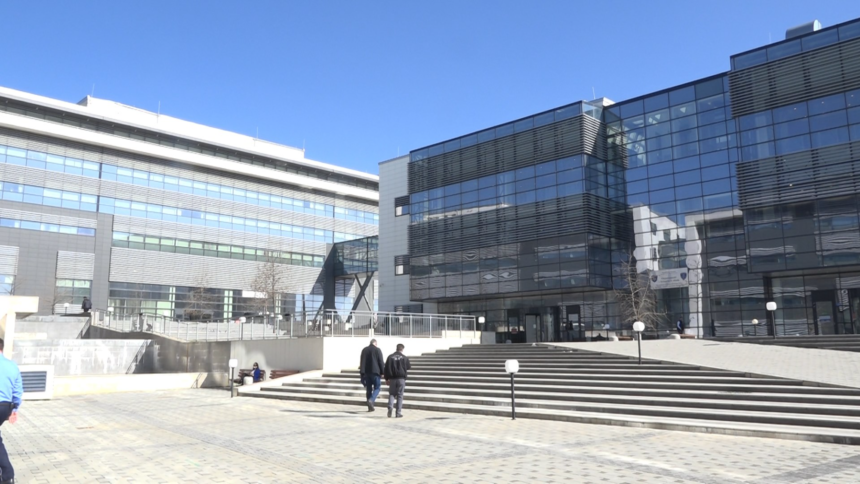Twenty-five years after the war, Kosovo has issued its first verdict in absentia. The convicted individual is Čedomir Aksić, who committed war crimes in the villages of Rečak, Mulapolc, and Petrova, located in the municipality of Štimlje. At the end of last year, the Basic Court in Pristina sentenced him to 15 years in prison, and this decision is being considered an important precedent for the country’s judicial system.
Only last year, over 12 war crimes indictments were raised, with five of them being trials in absentia.
To date, over 60 war crimes indictments have been raised, and 10 of these cases are being judged in absentia.
Amer Alija from the Humanitarian Law Center in Kosovo stated that the number of indictments raised last year is half of the previous year’s figure.
“In 2024, by mid-December, eight indictments have been raised, two of which are in absentia. This is almost half as many as in 2023. However, if we look at how many cases are currently active in the courts of Kosovo, from all stages of the procedure, whether in the preliminary procedure where persons are arrested and in detention, during the trial or in second or third instance, there are about 31 active cases in Kosovo courts. So, there are enough cases,” he said.
The 15-year prison sentence for Čedomir Aksić, he added, will be an important precedent for the judicial system in Kosovo.
“This decision will be an important precedent in the jurisprudence of Kosovo because until now, we have not had decisions in absentia, or verdicts in absentia. It remains to be seen how these decisions will be, let’s say, lawful and enforceable once Kosovo is accepted into the Council of Europe and the parties are entitled to initiate procedures at the Strasbourg Court. Because during the trial, it is very difficult to ensure the equal rights of the parties, and certainly, it will be hard for a lawyer to offer effective defense for the defendant,” Alija stated.
A trial in absentia can only proceed after five summons are sent to the respective country, and the person has been on the wanted list for at least six months in the official gazette.
Former President of the Court of Appeals, Hasan Shala, stated that a trial in absentia should be very professional.
“Trials in absentia have started to be conducted, given that the Criminal Procedure Code allows trials to be held in absentia when the accused are outside the country or unreachable by the court. The issue is that the trial in absentia must be more professional because it will be held in the absence of the accused, and the evidence presented must be very convincing to persuade the court that the defendant has committed a criminal act,” he said.
Last year, Kosovo adopted the transitional justice strategy, which aims to address the war crimes committed during the conflict.
The Minister of Justice, Albulena Haxhiu, stated that efforts are underway to address the war crimes, while emphasizing that the Prosecutorial Council needs to increase its capacity.
“We have also addressed the trial in absentia at the beginning of last year. There have been initial moves by the prosecution for trials in absentia. And, I believe that never before has so much been done to address war crimes. Of course, it is never enough because the crimes Serbia committed in Kosovo are numerous—murders, massacres, rapes, expulsions, destruction of homes. Many crimes were committed in Kosovo. No matter how much the institutions work, it still doesn’t seem like enough. But compared to previous periods, I believe we are on the right track. However, I believe the Prosecutorial Council needs to further increase its capacity within the Department for War Crimes in the Special Prosecution, because the war crimes occurred in Kosovo 25 years ago, and everything is more difficult now. Many things would have been easier if the institutions had taken serious actions immediately,” Haxhiu stated.
In the last war in Kosovo, over 13,000 civilians were killed, over 20,000 men and women were sexually assaulted, over 6,000 went missing, 1,600 of whom remain unaccounted for, and more than 800,000 people were displaced during 1998-1999. However, Serbia continues to deny all the crimes committed in Kosovo.







